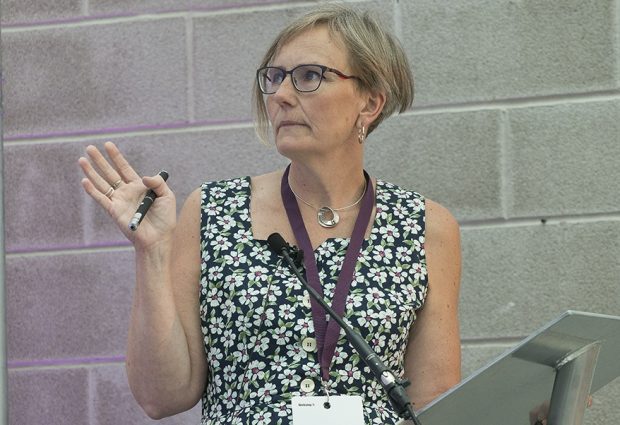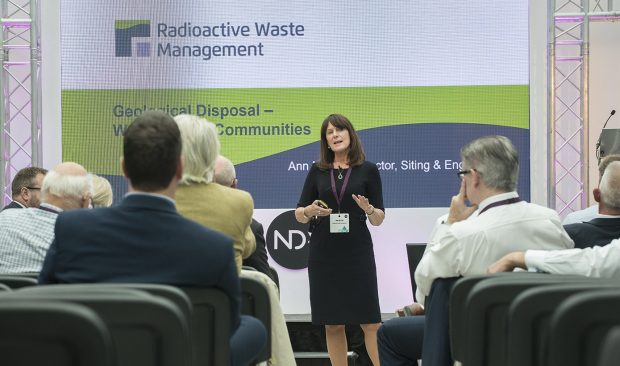
The journey towards hosting a geological disposal facility in Sweden has been a long one for the community of Östhammar in eastern Sweden. In fact, the first decision to take part in the process was made back in 1995. Nearly 25 years later, we are hoping to have a government decision on the process next year after which, if final community consent is forthcoming, the final steps in the process can be put in place.
From our point of view, the key to this process has been the building of trust between the various parties. Scandinavians are on record for having high levels of confidence in their authorities, more so than citizens of some other countries! But that trust does not happen automatically and it does not happen overnight. Just as importantly, it requires continuous effort in order to maintain it – and it is easily lost. In addition, our right to withdraw at any stage was a big factor in giving the communities the confidence to continue throughout this process.
In Sweden, we have a high degree of self-governance and independence. We value openness and transparency. So our values and aspirations are not so different from those of UK citizens and communities.
The journey to the completion of a repository for the country’s radioactive waste is a long one. So, from the outset, we have had to build a broad organisation that could last for a number of years. In both Östhammar and our sister community Oskarshamm, we have benefitted from a number of years where the elected politicians have remained in post. But like other countries we go to the polls regularly and there is always the possibility of change. Indeed, in a process as long as this, change is inevitable.
With such long timetables, a balance needs to be struck. The process needs to take sufficient time to explore all the technical issues – and the societal ones. But the journey needs to maintain momentum, so it should not take too long. Knowledge can be lost as well as gained!
The timescales also need to take account of the development of the community over the very long term. What will be the needs of a host community in the future as well as now? What legal arrangements and safeguards are needed for the stepwise development of a repository? What about the effect of external factors such as climate change?
Involving everyone
There are a number of different players in this process:
- the host community
- the developer
- the government
- the regulators
- groups with specific interests
By involving all of them, they can balance each other and help to find a workable solution. So it is important to reach out to everyone.
Governments and developers, as well as regulators, take part in international meetings where they can share insights and experience. I think it is important for communities to be able to come together internationally to share views, developments and insights about repository development and public participation. This will enable them to compare and contrast what has worked in other locations. There are groups and projects in Europe that provide this opportunity – we were instrumental in establishing one and it has proved very useful to us.
The important insight in the Östhammar experience is that communities should be regarded as assets in this programme. The community is not a liability, a problem or a little local difficulty to be somehow ‘solved’. It is a full partner, an indispensable resource of local knowledge and talent. Working together in this complex process, all the players can achieve something good, something that works for each of them – and for the nation.
In the UK …

Geological disposal of higher activity radioactive waste became government policy in 2008. With a Geological Disposal Facility (GDF) the waste will be put hundreds of metres deep underground. As described by Marie, a GDF is internationally recognised as the safest long-term solution. Having one in the UK will create jobs and guaranteed investment for the host community.
Communities in England and Wales will be right at the heart of the siting process for a GDF and a facility will be built where both a suitable site AND a willing community are selected.
Learn more about the UK’s mission to deal with radioactive waste
Recent Comments